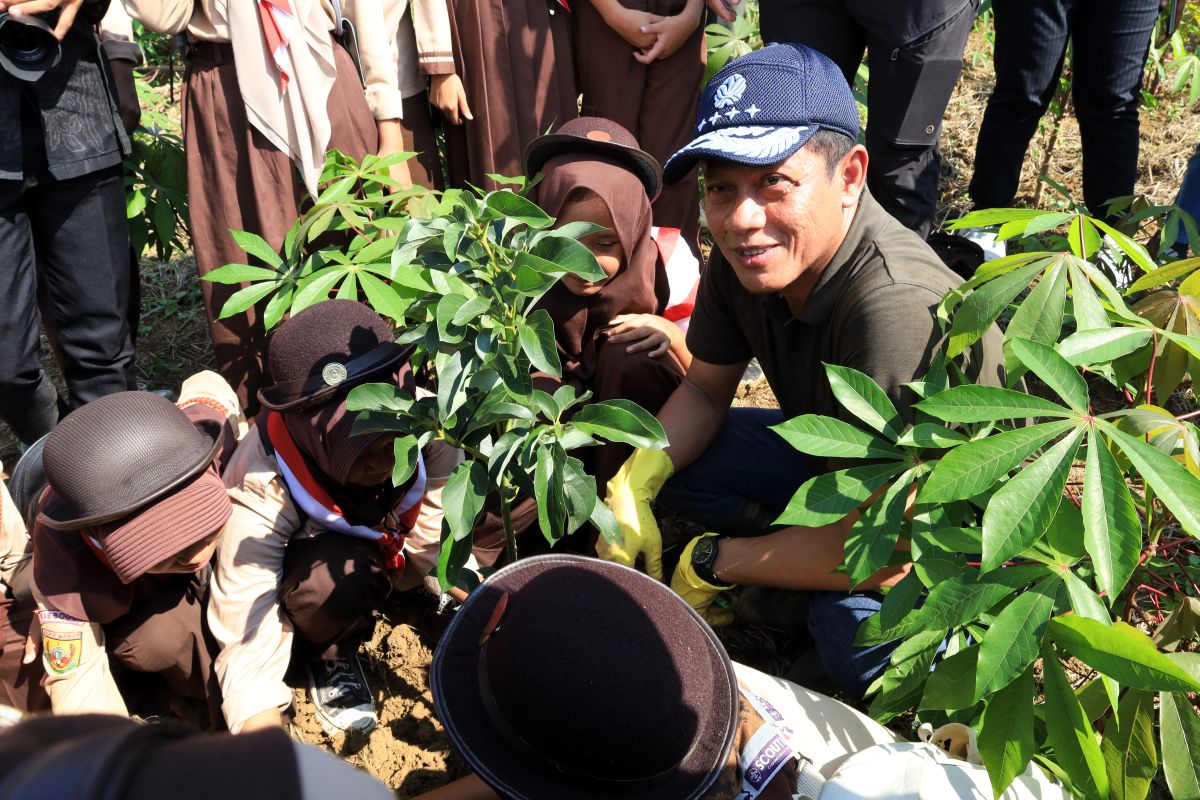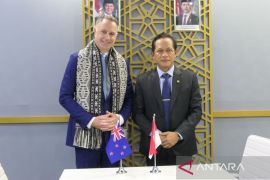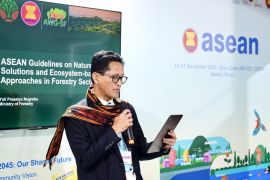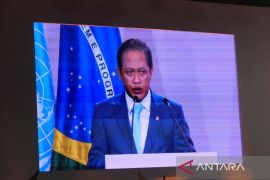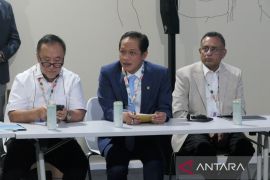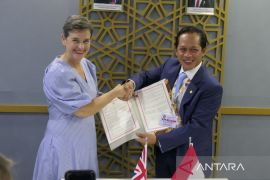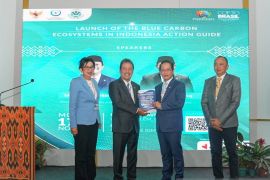In a statement from Jakarta on Monday, Environment Minister Hanif Faisol Nurofiq said that the journey from Jakarta to São Paulo, Brazil, covers approximately 16,000 kilometers, with a round trip producing about 2.6 tons of carbon dioxide equivalent (CO2e) per person.
He explained that with sustainable planting, each mature tree can absorb an average of 30 to 50 kilograms of CO2 per year. Consistent collective action, therefore, will result in significant carbon absorption over time.
“This movement demonstrates that every international diplomatic step we take is always accompanied by concrete action at home. This is the true meaning of ‘Think Globally, Act Locally,’” Nurofiq said.
He emphasized that Indonesia’s participation in COP30 must embody a genuine sense of ecological responsibility.
“The success of the climate agenda does not end with international agreements or forums but is reflected in continuous on-the-ground action. Therefore, the Environment Ministry encourages tree planting to become part of every official travel agenda,” he added.
The tree-planting activity took place in the Sukamakmur Special Purpose Forest Area, Bogor District, West Java, involving government agencies, businesses, academics, environmental organizations, and local communities.
The initiative highlights cross-sector collaboration in advancing Indonesia’s transition toward low-carbon and sustainable development.
In Sukamakmur, which has a sloping landscape vulnerable to erosion and landslides, the ministry planted multi-purpose tree species such as avocado, durian, mango, and guava.
These trees help strengthen soil and water conservation, improve soil fertility, support climate change mitigation, and simultaneously provide additional economic opportunities for local residents.
Related news: Indonesia updates emission targets, sets peak for 2030
Related news: Indonesia joins Brazil's call for stronger concerted climate action
Translator: Prisca Triferna Violleta, Cindy Frishanti Octavia
Editor: Primayanti
Copyright © ANTARA 2025
